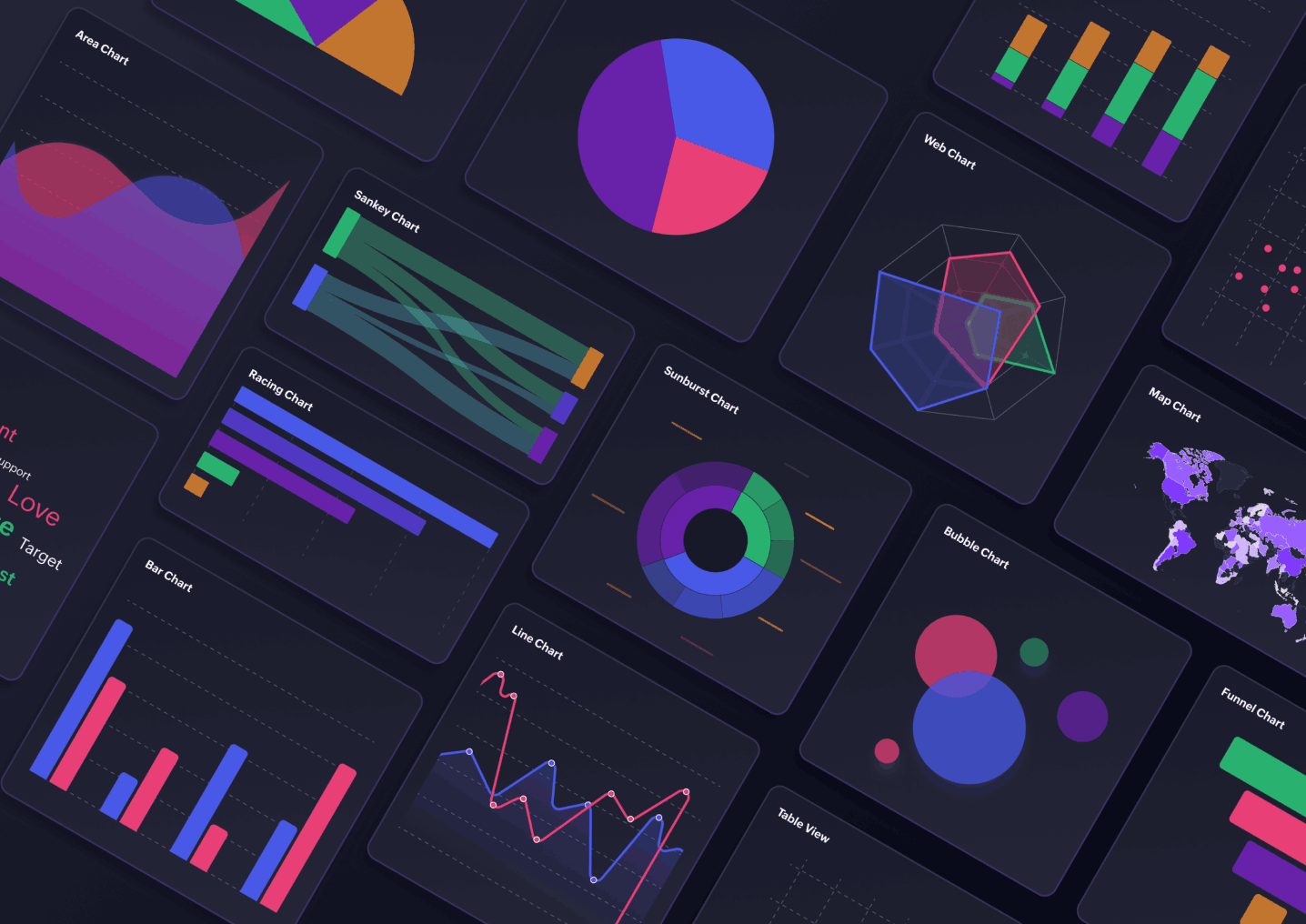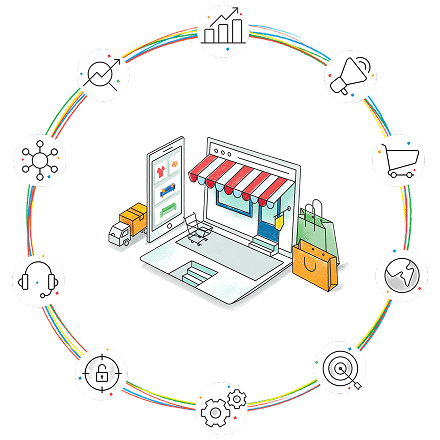Improved decision making
BI removes the guesswork from decision-making. With real-time dashboards, you get a unified view of your sales, revenue, and customer trends. Predictive analytics helps you forecast demand, allowing you to plan smarter and act faster.
Enhanced efficiency and productivity
No more manual reports and time-consuming data pulls. BI automates the entire process and gives teams more time to focus on what matters most - solving problems and driving impact. Interactive dashboards keep everyone on the same page, reducing reliance on IT teams.
Better customer insights and personalization
Your customers are constantly telling you who they are through their actions, feedbacks, and choices. BI helps you listen and connect the dots to uncover what they love, what they need, and how they feel. This allows you to personalize experiences, run targeted campaigns, and support customers with speed and agility.
Increased revenue and cost savings
When you can see where your money comes from and where it's wasted, growth becomes intentional. BI highlights your best-performing channels, suggests pricing optimizations, and uncovers hidden expenses. Every insights becomes an opportunity to improve profitability.
Strong risk management and compliance
BI keeps an eye on what you might miss. It detect anomalies in financial data, flags compliance issues, and identifies risks in supply chain operations early before they escalate. With transparent reporting and automated monitoring, you can maintain compliance and safeguard your business reputation effortlessly.
Competitive advantage
Market shifts fast. but BI helps you stay ahead. By tracking customer behavior, market trends, and competitor activities, it ensures you're always informed and ready to act. With the right insights at the right time, you can seize new opportunities before others even see them coming.


















